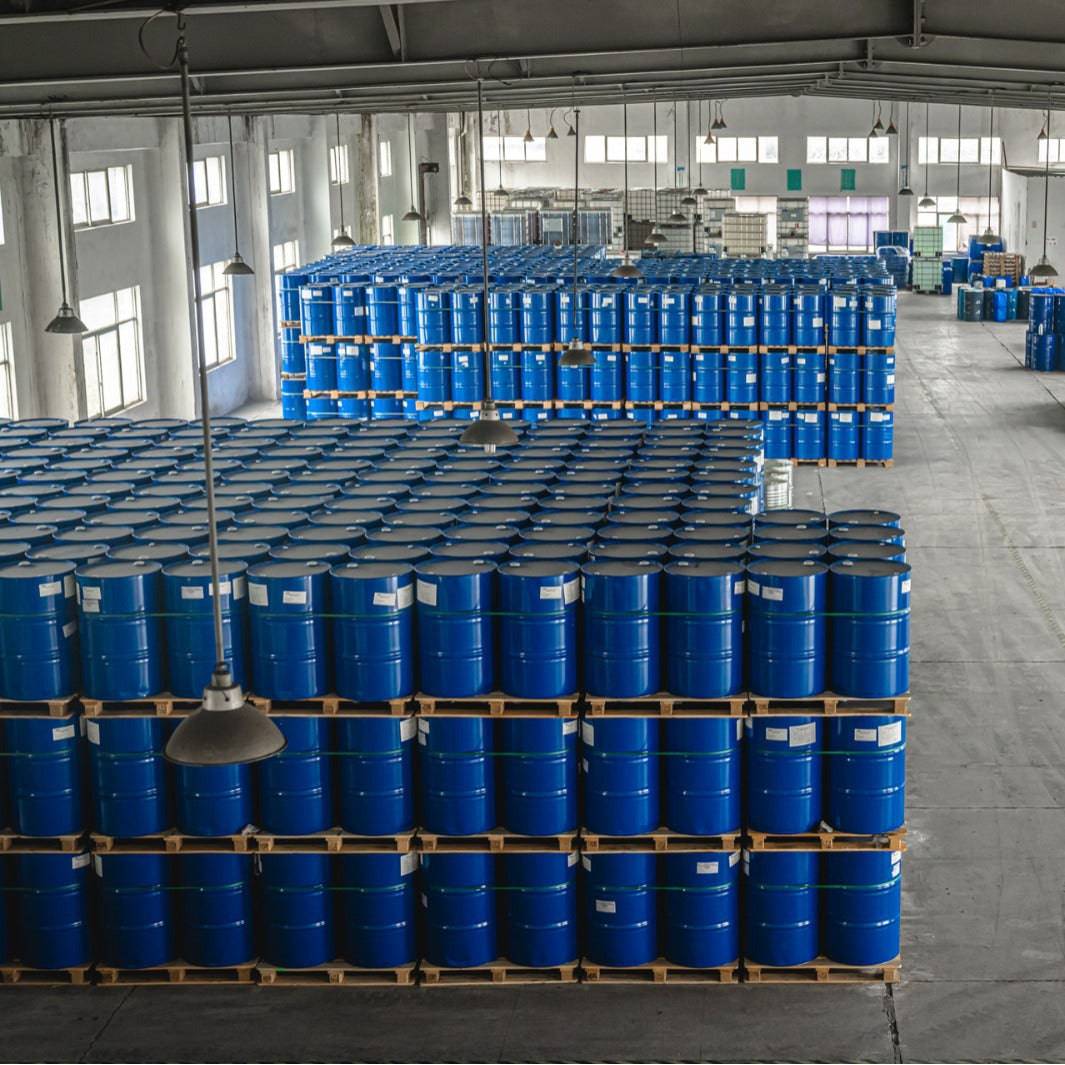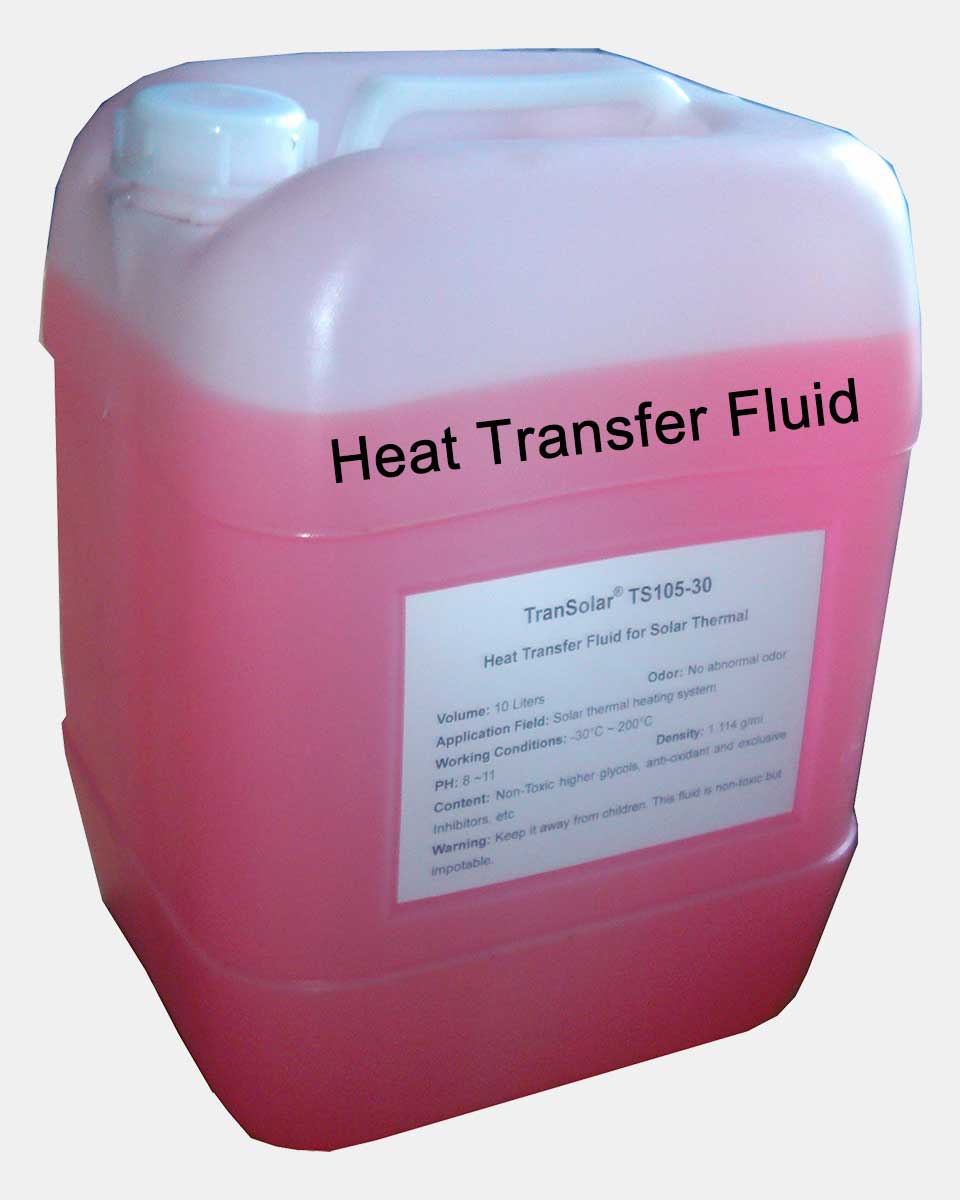Top Perks of Using Silicone Oil as a Heat Transfer Fluid in High-Tech Machinery
Top Perks of Using Silicone Oil as a Heat Transfer Fluid in High-Tech Machinery
Blog Article
Why Selecting the Right Heat Transfer Fluid Is Essential for Optimal System Performance
Choosing a suitable warmth transfer fluid is a critical choice that can considerably influence system efficiency and functional prices. As the implications of this option extend much past immediate efficiency, recognizing the nuances of fluid choice comes to be vital for any person looking to achieve ideal system performance.
Relevance of Heat Transfer Fluids
What role do heat transfer fluids play in industrial processes? Heat transfer fluids are vital for the effective transfer of thermal power within different industrial systems.
The option of warmth transfer fluid can significantly impact power tools, security, and efficiency longevity. Fluids have to be capable of standing up to high temperatures and stress without deteriorating, in addition to exhibition very little volatility and reduced poisoning. Their efficiency straight impacts not only the productivity of the system yet likewise its operational prices.
In addition, warm transfer fluids play a vital role in keeping process control, guaranteeing that temperature level changes are reduced. This is specifically crucial in sensitive applications such as petrochemicals and drugs, where accurate temperature administration is essential. Overall, the value of selecting the appropriate warm transfer liquid can not be overstated, as it is integral to enhancing industrial procedures and enhancing general system efficiency.
Secret Properties to Take Into Consideration
When selecting a warm transfer liquid, which essential homes should be prioritized to make certain optimal efficiency? Thermal conductivity is critical; a fluid with high thermal conductivity will successfully transfer warm, decreasing power loss. Additionally, the certain warmth capacity of the fluid is crucial, as it establishes just how much energy the liquid can save and release, affecting total system responsiveness.
Thickness is another significant property to consider, as it influences the fluid's flow attributes; reduced thickness liquids are usually preferred for simpler flow and minimized pumping power. The fluid's temperature level variety is similarly vital; it has to execute effectively within the operational temperature levels of the system without degrading or vaporizing.
Chemical security is necessary to protect against degradation over time, which can lead to system inefficiencies and potential failings - silicone oil. Furthermore, compatibility with system materials should not be overlooked to stay clear of deterioration or damage to elements. Consider the ecological effect and security account of the liquid, as policies and sustainability goals significantly influence liquid choice. By prioritizing these vital properties, one can choose a heat transfer liquid that improves system resilience and integrity.

Impact on System Efficiency
The option of warm transfer liquid straight influences system efficiency, impacting both energy usage and operational performance. A fluid's thermal conductivity, viscosity, and warm capability play essential functions in just how effectively it transfers heat within a system. Optimal liquid residential or commercial properties guarantee that warm is taken in and distributed effectively, lessening energy losses and improving the general performance of the system.

Furthermore, the compatibility of the liquid with system products can significantly affect performance. A liquid that creates corrosion or degradation can cause leakages and system failings, better diminishing effectiveness. In summary, the ideal warm transfer liquid not only optimizes power performance and reduces costs but also enhances the dependability and durability of the system, making it a crucial factor to consider for designers and decision-makers in thermal monitoring applications.
Typical Sorts Of Heat Transfer Fluids
A selection of warmth transfer liquids are frequently utilized in thermal administration systems, each with unique buildings matched to details applications. Water is just one of one of the most extensively made use of warmth transfer liquids because of its high particular heat capacity, affordable, and schedule. Its cold point limits its usage in low-temperature applications.
Thermal oils, usually stemmed from oil, are one more popular selection, specifically in high-temperature systems. These fluids can run at raised temperatures without evaporating, making them excellent for commercial applications. They might have restrictions concerning thermal security.
Refrigerants, used primarily in cooling down systems, have special thermodynamic residential properties that enable efficient warmth transfer at reduced temperatures. Their option is vital to ensure performance and compliance with ecological policies.

In enhancement, stage change materials (PCMs) are getting grip for their capacity to soak up and launch substantial quantities of warmth throughout stage changes, offering an unique service for thermal energy storage. Each fluid's details features need to be evaluated for optimum efficiency.
Finest Practices for Option
Picking the ideal warm transfer fluid entails cautious consideration of numerous essential factors that straighten with the certain requirements of the application. Second, take into consideration the fluid's thermal conductivity, which impacts heat transfer prices; higher thermal conductivity generally leads to enhanced performance.
In addition, assess the liquid's viscosity, as it affects pumping energy and total system effectiveness. Reduced viscosity fluids generally lower energy intake during blood circulation. Compatibility with system materials is an additional crucial facet; guarantee that the fluid does not create rust or destruction of elements and pipelines.
Next, consider the fluid's stability and long life, particularly in high-temperature applications. A steady liquid reduces upkeep and substitute costs. Finally, ecological and safety guidelines should lead your selection process, highlighting safe and environmentally pleasant choices when feasible.
Final Thought
Finally, picking the appropriate heat transfer fluid is important for accomplishing optimal system performance. The best fluid enhances thermal conductivity, lowers power losses, and promotes equipment long life, eventually leading to improved system view publisher site integrity and efficiency. Recognizing the crucial properties and effects of numerous liquids on system performance is essential for educated decision-making. Abiding by finest methods in fluid selection can result in significant long-term cost financial savings and operational performance.
Warmth transfer fluids are vital for the effective transfer of thermal energy within numerous commercial systems. Furthermore, the details warmth capability of the liquid is important, as it identifies just how much power the fluid can launch and store, affecting general system responsiveness.
Take into consideration the ecological impact and safety account of the fluid, as laws and sustainability goals increasingly influence fluid choice - thermal oil. A liquid's thermal conductivity, viscosity, and warmth capacity play critical roles in just how effectively it moves warmth within a system. Water is one of the most widely made use of warm transfer fluids due to its high certain heat ability, reduced price, and schedule
Report this page